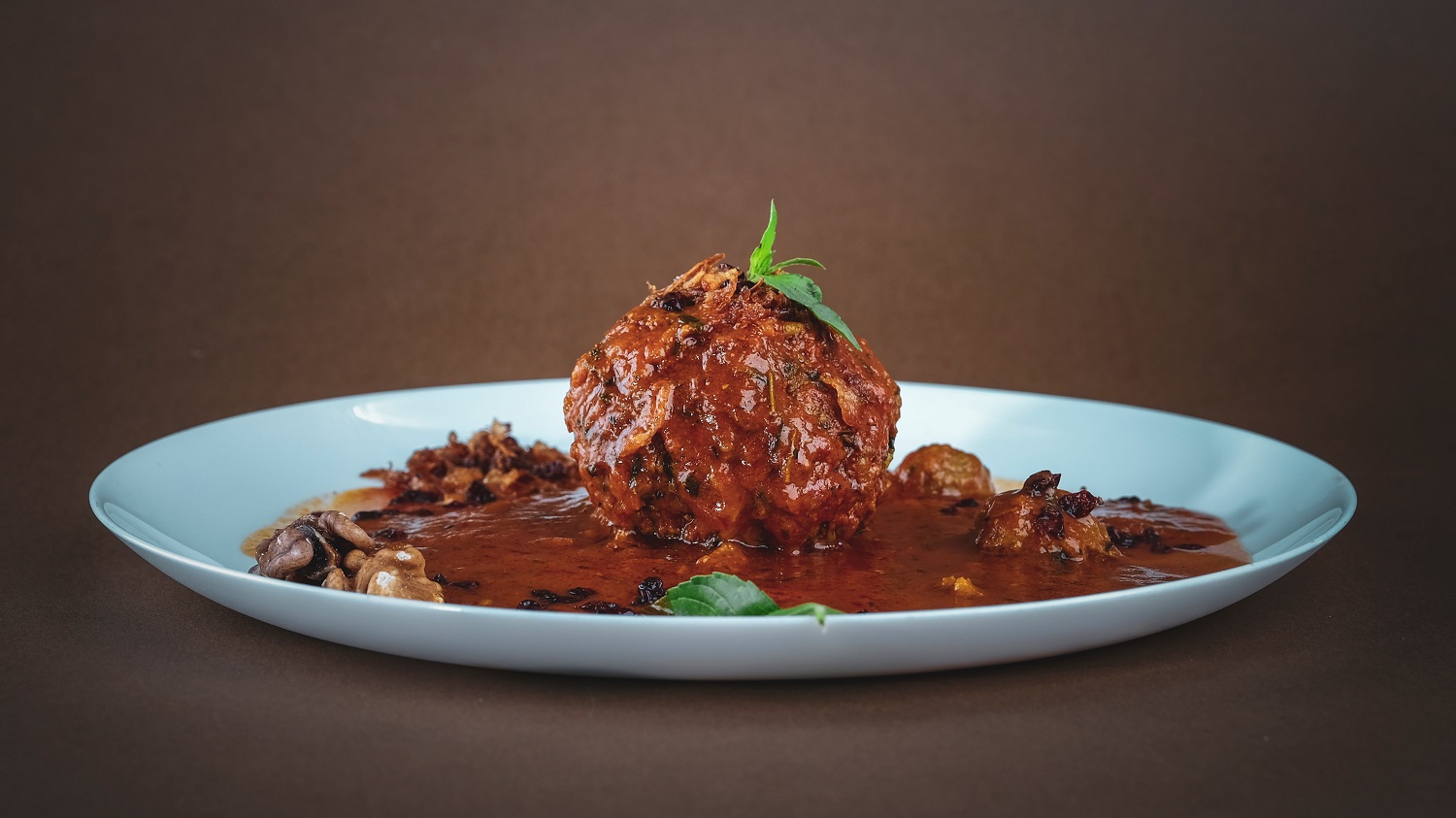By Roger Lienhard, Founder & Executive Chairman of Blue Horizon
The modern space race has begun. But instead of the U.S. and the Soviet Union competing to be the first to achieve space travel, this time around, it’s all about food cultured meat to market. In all descriptions, cultured meat sounds like something out of science fiction. It’s identical to conventional meat in terms of taste, texture, and nutrition, but it’s slaughter-free. Instead, it’s made from real animal cells that have been provided with the necessary nutrients and environment to grow into a cut of meat.
In the past few months, we have seen rapid, exciting advancements from many companies working in the space. Late last month, Singaporean startup Shiok Meats unveiled the prototype of its cultured lobster meat.
Eat Just, the company known for the mung bean-based Just Egg, also has its sights set on Singapore and has earned approval from the nation’s food authority to sell its cultured chicken meat. Last week, it made its restaurant debut.
In Israel, a startup called SuperMeat opened a restaurant where diners can order a crispy cultured chicken sandwich in order to get feedback. And KFC is working with a Russian biotechnology company to develop cultured chicken.
At Blue Horizon, we are proud of the strides that Mosa Meat, a Dutch food technology company, has made. We believe in attacking the problem of animal agriculture’s impact on the planet from multiple perspectives. Cultured meat is one of the avenues through which we can build a more sustainable food system. This past fall, we led a successful funding round for Mosa Meat to help it scale up the production of its cultured beef. In a few years’ time, it has reduced production costs for its cultured burger by 88 times from €250,000 per burger to just €9.
As with Beyond Meat and Impossible Foods, the two biggest names in the plant-based food space, I suspect that media outlets will speak of these brands as competitors. But these companies share the same mission: to build a more sustainable food system. Meat is destroying the planet. Despite the overwhelming evidence supporting that, it is unrealistic to believe that everyone will give it up. It’s an integral part of everyday lives, of beloved cultural dishes, and more.
However, meat reduction is an absolute necessity, not only to curb emissions but also to ensure that we can feed the growing global population. According to the Food and Agriculture Organization of the UN, the global population is projected to reach 9.1 billion by 2050. Feeding everyone will be a challenge; food production will need to be increased by 70 percent in order — and meat production would need to grow by more than 200 million tonnes to 470 million tonnes.
But, the FAO notes that many countries are already approaching their limit for land and freshwater usage — in other words, it will be very difficult to adequately feed the population through these outdated means of production. Studies have shown that alternative proteins, which require significantly less land, water, and other resources, are a viable solution.
As companies continue to attract investment and support from venture capital and governments (Singapore’s government is particularly interested in the advancement of cultured meat), costs will fall and cultured meat, plant-based protein, and fermented protein will become more readily available to the public. These spaces have seen tremendous growth in the face of COVID-19, attracting a record $1.5 billion in investments this year and they are only just getting started. What’s good for business is now good for the planet — are you investing in the future?
